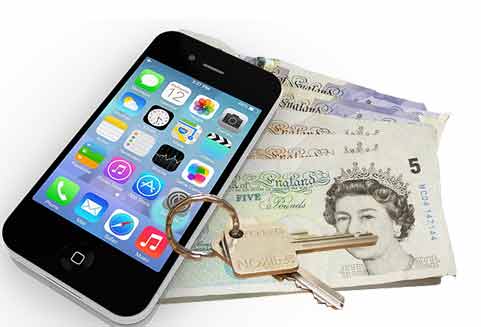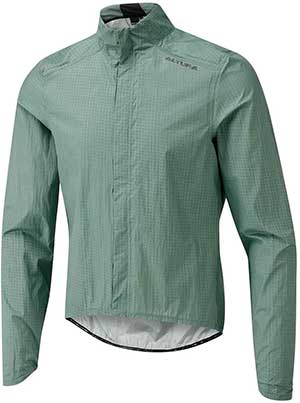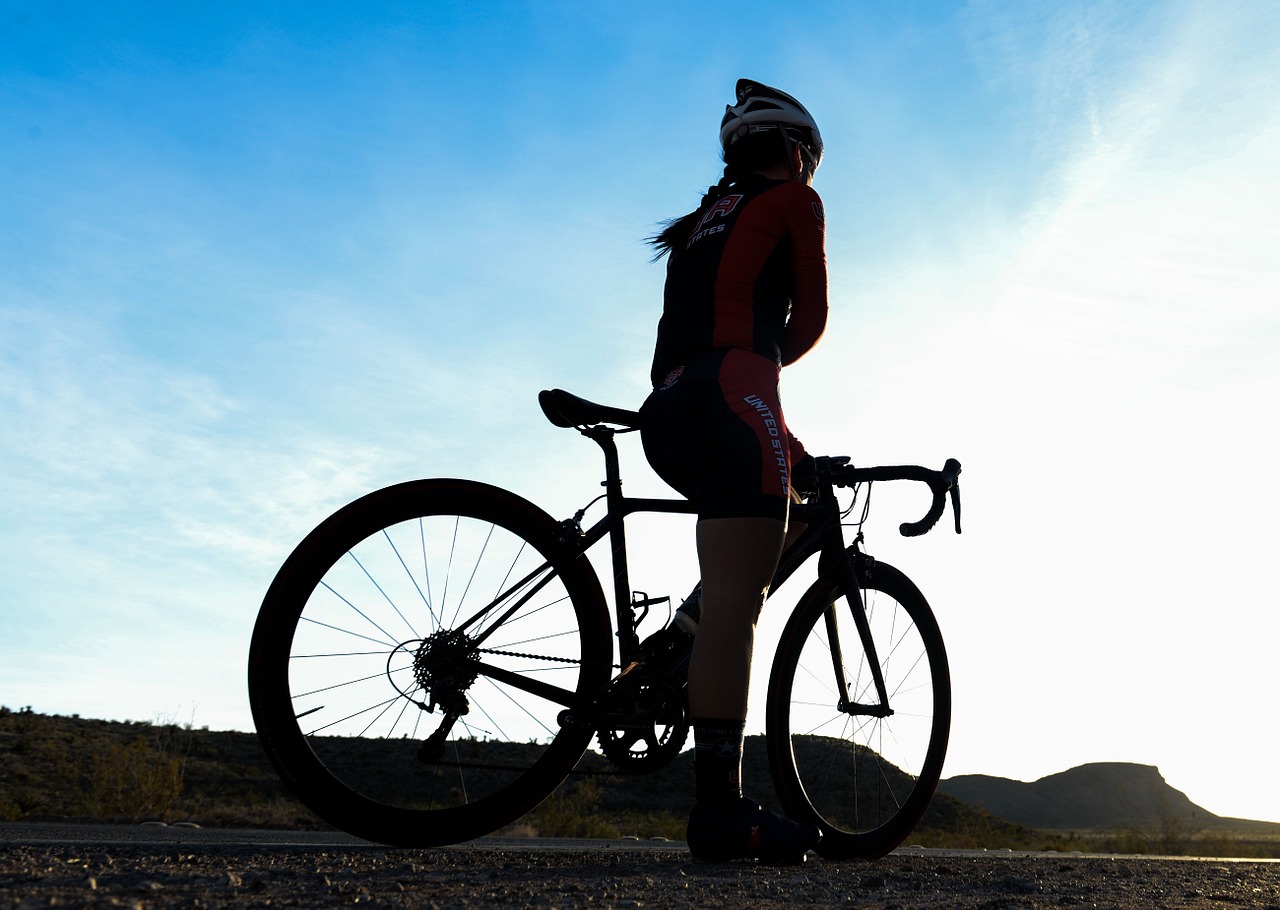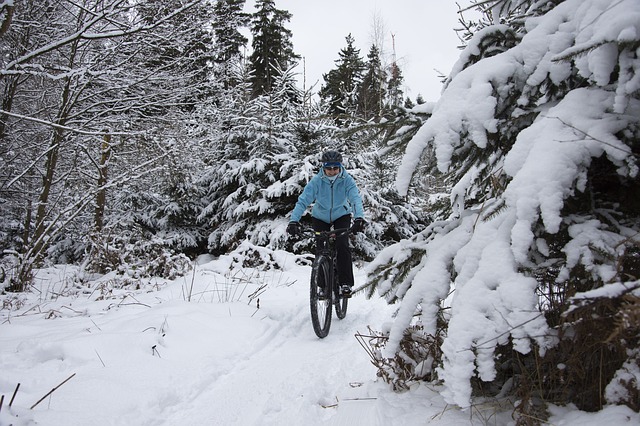Helmet
First on the list and most important is the Helmet. I'm not here to lecture but please just wear one. Most helmets are fully adjustable and advances in design make them a lot more comfortable but its still worth a visit to your local bike shop to try a few out to see what suits best.
Lights
A key safety feature of cycling is make sure you can 'be seen' and a set of lights not only light the path ahead at night they make you visible to all around. An essential item for commuters and all day riders but even if you're only planning on day time riding we think you should always have front/back bike lights fitted at all times especially during winter when darkness descends quite quickly.
Lock
Pop into a shop or cafe and your bike becomes an easy target for thieves so a good lock is essential to ensure you keep your pride and joy out of their hands. A D lock with a cable is a great way to keep you bike and parts safe. Some bikes have wheels and bike seats which come with quick release levers so make sure you cable these up to your D lock.
Basics - Phone/keys/cash
Always check you've got the basics before setting off. Phone, keys, cash. Todays Smartphones are a great tool for cycling, they come with sat nav, gps, health monitor, music as well as making calls in an emergency!. Make sure you always use a good phone case as well.
Water Bottle
When cycling, drink before you get thirsty is the advice so make sure you keep hydrated and fill your water bottle before you set off. On warmer days I like to add a hydration tablet to my drink to replace the vital minerals I sweat out.
Food/Snacks
All that energy cycling will mean at some point you will need to refuel. So packing some snacks is advisable and gels/energy bars are a great way to fuel up on the go. Alternatives to branded energy snacks are packs of Jelly babies and flapjacks so experiment and see what works best for yourself.
Bell
A simple but much needed bit of kit especially as a lot of cycle lanes or general paths are shared with pedestrians, dog walkers, horses and so a Bell/Horn becomes an essential bit of kit so you can let them know you're there and avoid a collision. Also its part of being a good citizen, rather than tearing up behind someone, frightening them half to death and giving cyclists a bad name you are doing the right thing.
Repair
The most likely repair issue you will encounter on a ride is a puncture. If you are too far from home then this will need fixing so packing a pump, puncture repair kit, tyre levers and a bike multi-tool will be needed. Another quicker option is to carry spare inner tubes and swap them over if you get a puncture. In addition to fixing any issue you may have if you have the equipment you may come to the aide of some fellow cyclist in need of assistance.
Packable Rain Jacket
You set off on your all day ride in glorious sunshine, but this is the UK so that could change at any time. Don't get caught out, a good waterproof/windproof packable jacket will save the day and help get you home safe and dry.
Storage
So the best advice when cycling is to be prepared and to take all the above items you'll need to store it somewhere. Backpacks are the easiest storage solution but can be uncomfortable especially on hot days. Luggage racks and pannier bags are great for commuters and on-bike storage solutions like saddle and frame bags are a great way to carry the things you need.
 SCENIC
SCENIC 








